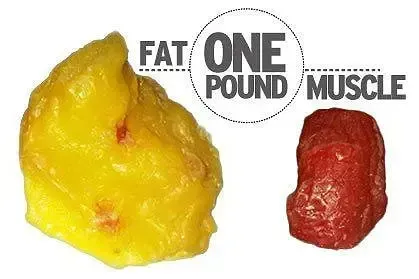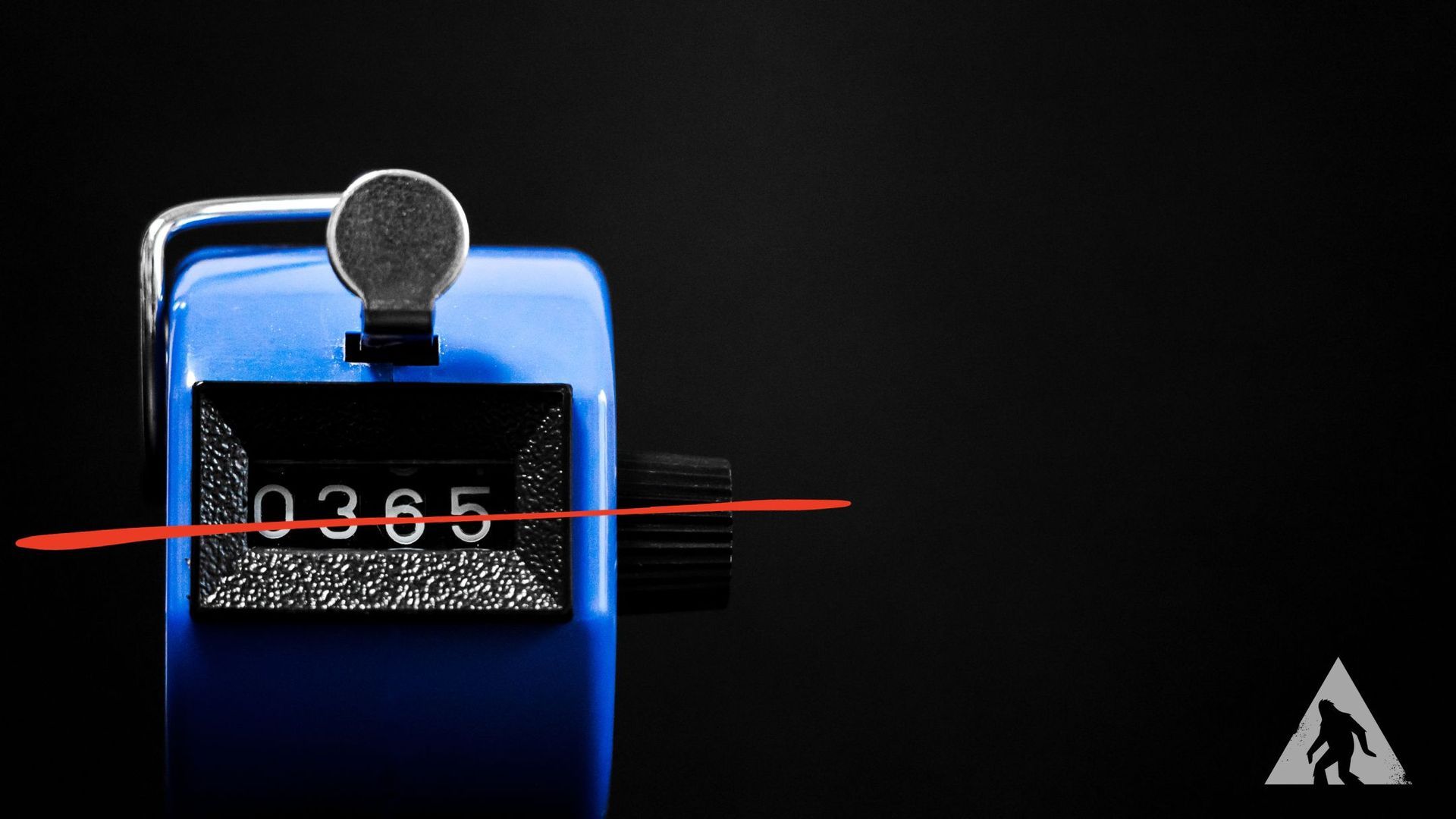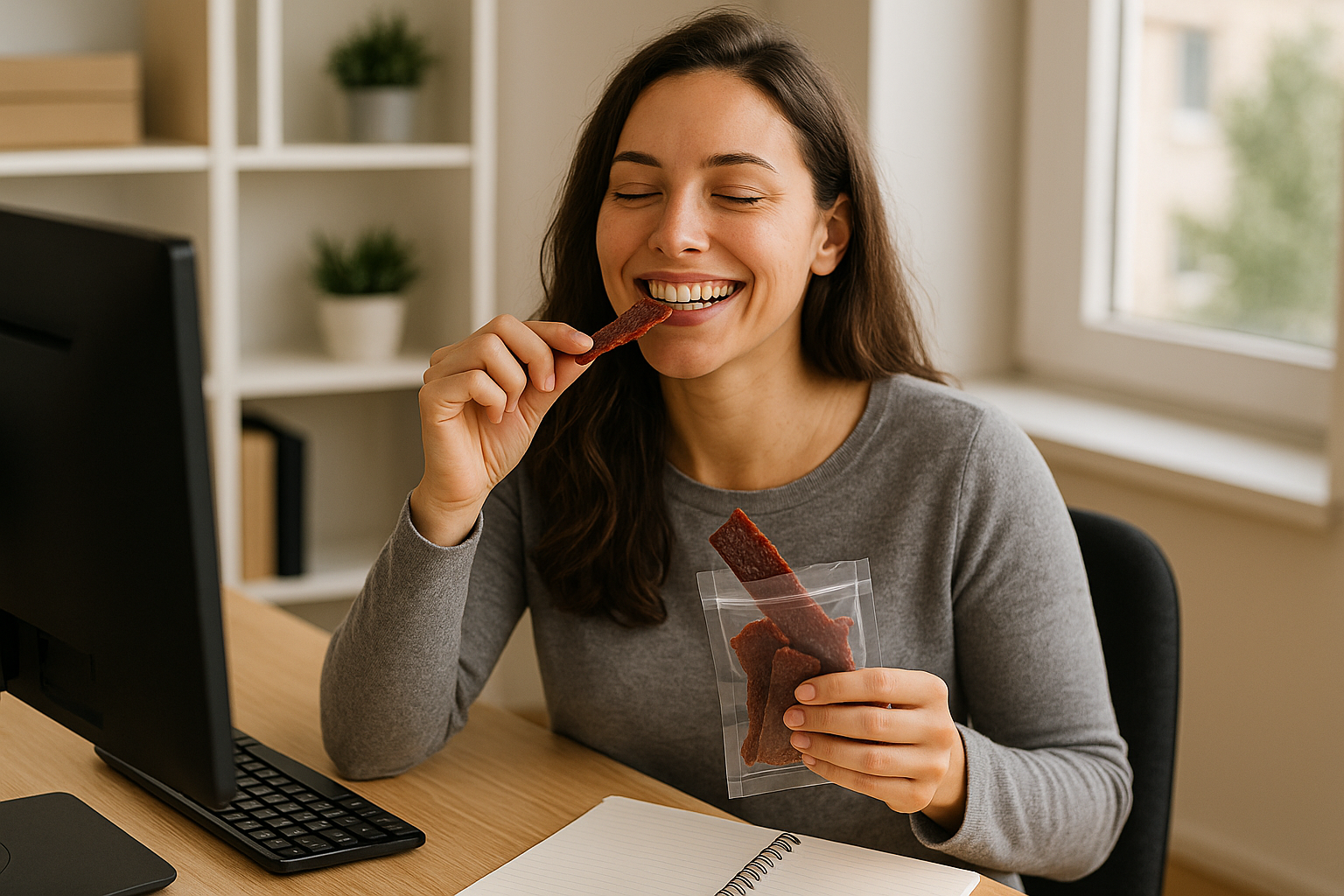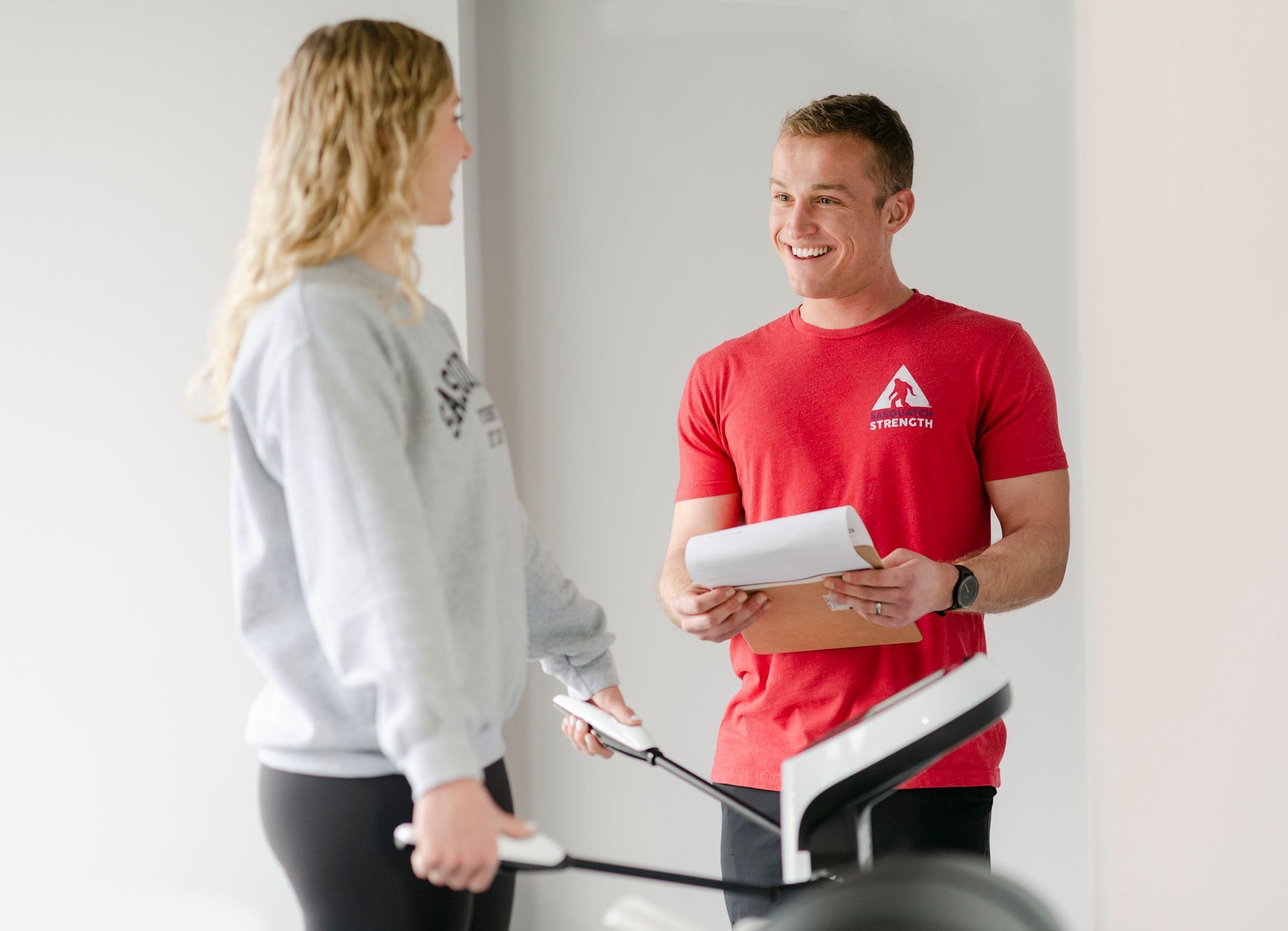
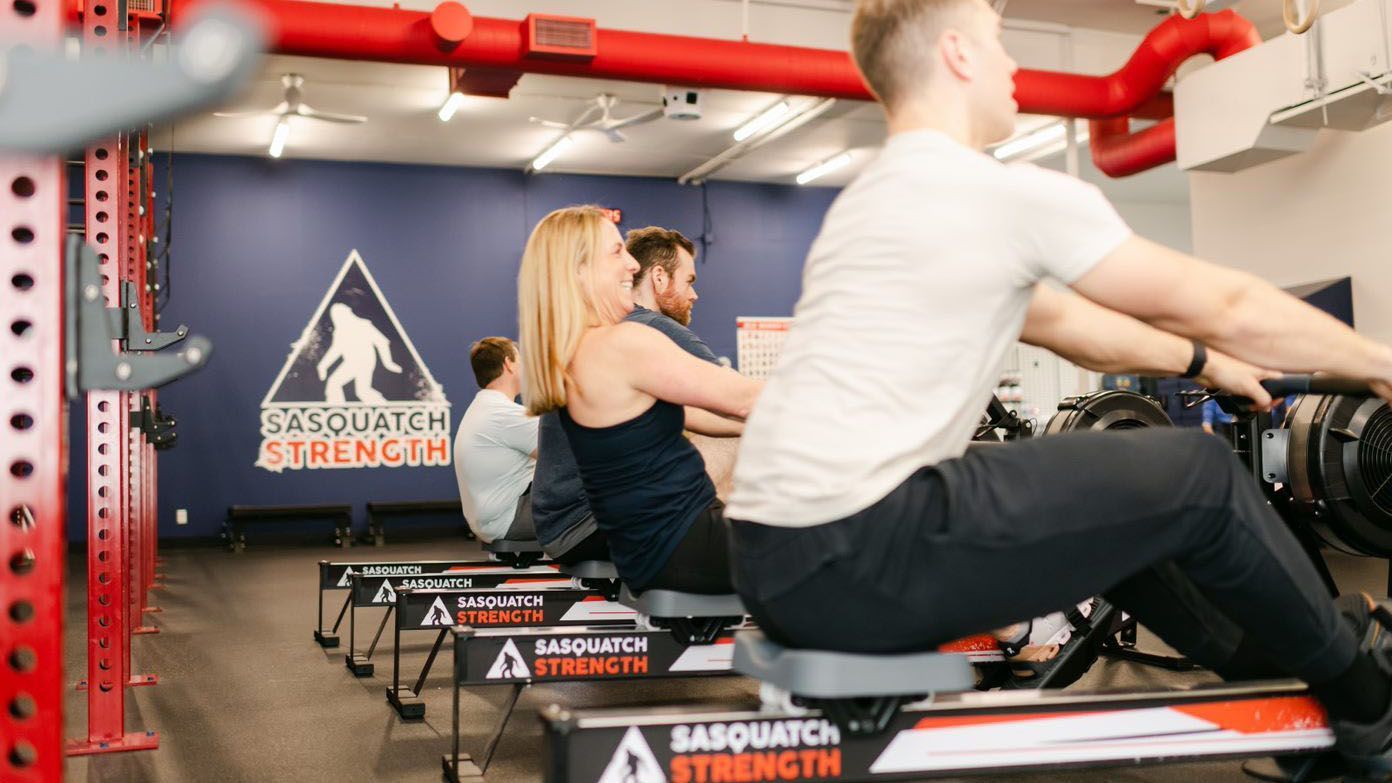
EPOC (Excess Post-Exercise Oxygen Consumption), also known as the
"afterburn effect," refers to the increased oxygen consumption and energy expenditure that occurs after a workout. When you engage in intense exercise, such as high-intensity strength training, your body requires additional oxygen to replenish energy stores and restore physiological systems to their pre-exercise state.
If you care about losing fat, you can see why increased EPOC is an advantage. Anything that burns more calories without you having to do more work makes losing fat easier.
When you exercise, your body utilizes energy from various sources, such as glycogen (stored glucose) and fat, to fuel muscles and keep you moving. Intense exercise can deplete the easily available stored energy. EPOC is the energy needed to replenish those energy stores – like plugging in an iPad to replenish its battery – remove metabolic byproducts, and rebuild muscles stressed during the workout.
After an intense exercise session, your body's metabolism remains elevated as it works to recover. This elevated metabolic rate contributes to increased calorie burning during the post-exercise period.
The magnitude and duration of EPOC depend on many factors, including exercise intensity, duration, and individual fitness levels. More muscle equals more EPOC. Higher intensity during a workout equals more EPOC. Keep in mind that what “intensity” means varies from workout to workout. On a Squat day
“intensity” is usually the weight you use, on Sprint days “intensity” is how fast you can go and maintain it round after round. Long, steady-state cardio workouts absolutely have their place in well-rounded fitness programs (you may notice we do at least one a week most weeks at Sasquatch). However, if that’s all you ever do you will not reap the same benefits from EPOC as when you mix it up with weight training and sprints.
High-intensity workouts that challenge large muscle groups (like Front/Back Squats, Deadlifts, Cleans, Snatches etc.) and create a significant oxygen debt tend to elicit a greater EPOC effect. Activities like heavy resistance training (anything with weights), and interval training (sprint-rest-sprint workouts) can result in a prolonged post-exercise calorie burn. A more intense workout means increased EPOC.
